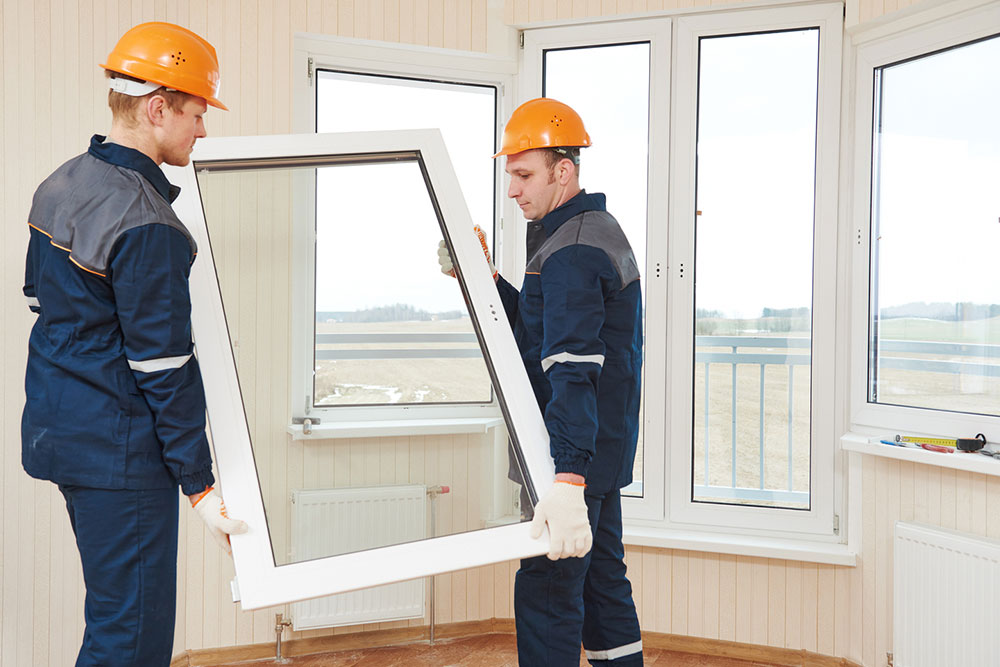5 window replacement mistakes to avoid

Most windows have a lifespan of 10 to 20 years before they begin to degenerate and lose their energy efficiency. Consequently, when replacing windows, it is essential to make wise choices for one’s home, as this will be a long-term expense. Making mistakes while making this choice can lead to frustration, delays, and additional expenses. This article enlists five common mistakes people make when replacing windows and how to avoid them.
Getting the wrong size
One of the biggest risks of installing ready-made replacement windows is getting the wrong size. Be sure to measure the windows and panes well. They should fit to 1/8th inch to seal and fit properly.
Ignoring add-on costs
When buying a replacement window, one needs to be cognizant of all the costs involved. Depending on the material of the window chosen, one may need to cover maintenance, cleaning, and painting costs in the future. Additionally, some materials may require special frames or runners. Be sure to account for these before finalizing the purchase.
Overlooking security
With windows, safety is a very important aspect to keep in mind. Regular glass windows can make the house vulnerable to break-ins. If this is a major cause of concern, one must opt for premium double-pane windows with unique coatings. In addition to security, these windows can help make the house more energy efficient and reduce electricity bills.
Failing to meet HOA requirements
Another common mistake is buying windows that are not up to code with local building codes or the Homeowner’s Association guidelines. For instance, according to universal best practices, any bathroom windows must be made from fiberglass. It is important to review these codes with the draftsman, architect, builder, or contractor to avoid any complications with the local authorities.
Getting the cheapest window
Several factors may cause an increase in window prices, such as brand popularity, installation costs, imported products, etc. While finding the best deal is important, one must avoid cutting corners on factors that may compromise the safety, aesthetics, and energy efficiency of the house.